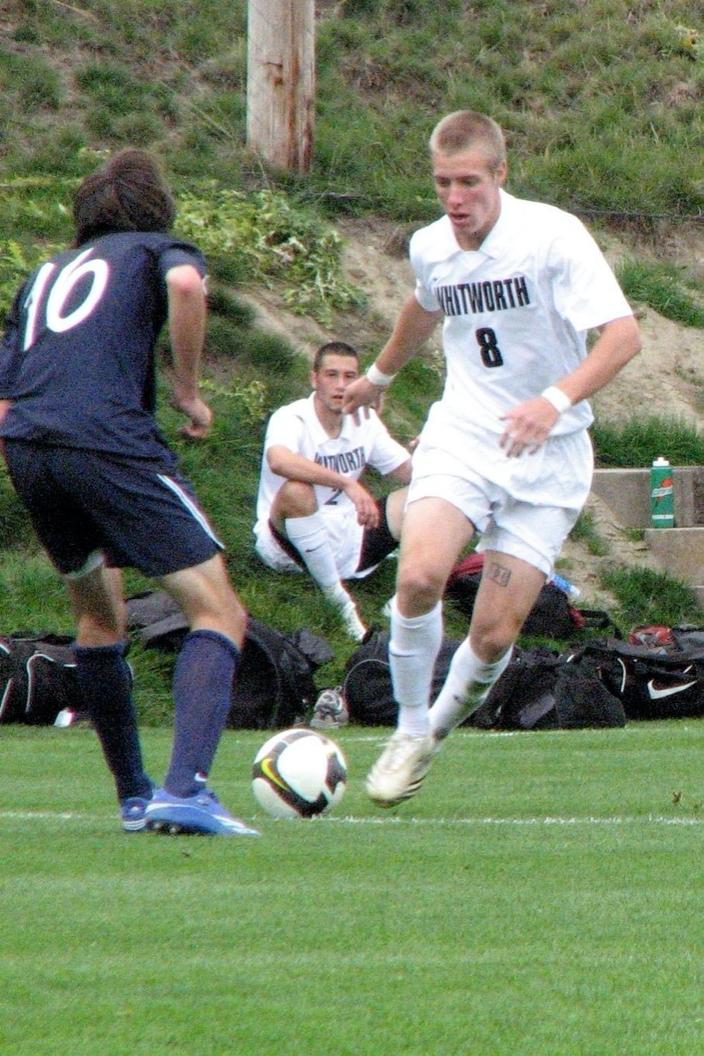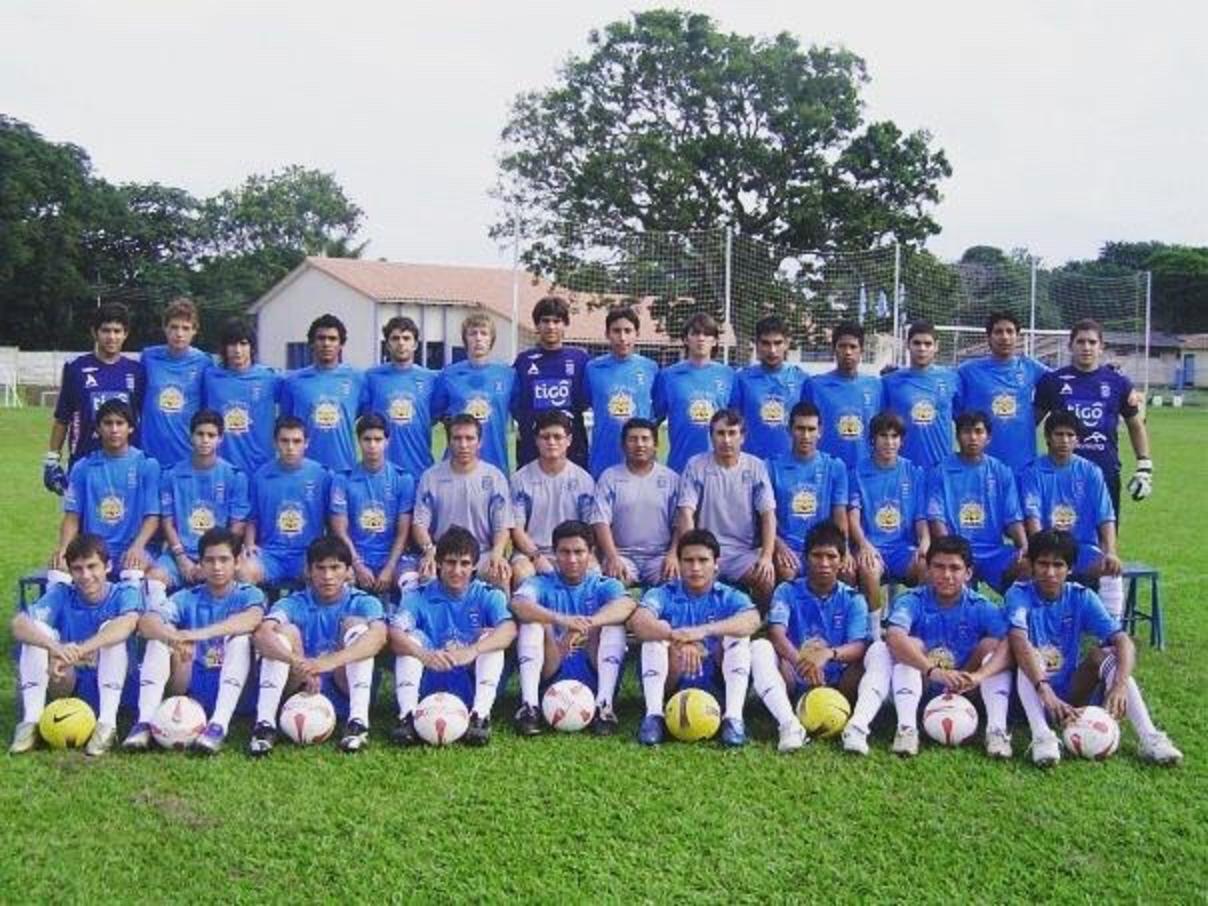Back to StoriesChasing The Dream: The Impact Of Parents
After six more months of training in South America I returned to Montana, where I received two consequential pieces of news that changed everything.
May 17, 2020
Chasing The Dream: The Impact Of ParentsAs a soccer player in Bozeman, Montana, Eddy Prugh knew his chances of playing D-1 (and going pro) were a long shot. Then he realized he had to leave—the country!
EDITOR'S NOTE: You might think of Eddy Prugh's quest as that of climbing a nearly impossible mountain. Many talented kids in remote out of the way places get caught up in the reverie of playing major college sports or going pro. Along the way they are confronted with a variety of challenges and choices. Prugh's underdog quest holds a lot of lessons. In this piece, he reflects on the impact of parents—a timely topic in an age when many are over the top. How can they be more supportive?
by Eddy Prugh
IN YOUTH SPORTS, WHO IS PERFORMANCE FOR? Whose dream is it? Sometimes you have to wonder when you hear the screaming coming from the stands.
When Major League Soccer was formed in 1993, the Tahuichi Academy was a household name and the destination for promising American players. I spent just six months learning Spanish and playing with talented and hungry players from Bolivia that would give me the confidence to step onto the field in college.
As I explore my experience as an athlete from Big Sky Country,it’s impossible to avoid one of the most important factors in any young person’s life: parents. You hear it in every draft speech or post-championship interview: “I have to thank my mom and dad for everything they did so I could play (sport of choice).”
But for sports parents in Montana, there may come a time when they are forced to make a decision that parents elsewhere don’t often have to make. For the healthy progression of any athlete, the level of competition should be progressively challenging if you want to reach higher. It’s the dilemma of being a big fish in a smaller pond or entering the ocean where you quickly discover how good you are—or not—against others who were told they were destined to be a pro.
Sometimes testing the water means venturing out of the state before college. Leaving Montana for an academy or boarding school can not only expose an athlete to truer tests of ability, but also strip them of the usually negative stigma of being an athlete from Montana and therefore underestimated.
Sometimes testing the water means venturing out of the state before college. Leaving Montana for an academy or boarding school can not only expose an athlete to truer tests of ability, but also strip them of the usually negative stigma of being an athlete from Montana and therefore underestimated.
In my own Montana sporting experience, I forced my parents into making this decision when I expressed an interest seeing what lay beyond the borders of Montana. Not the other way around. My parents never had illustrious dreams for my soccer career, but apparently they agreed that if I were to accomplish my goal of playing Division I college soccer, leaving the state was something I would likely have to do.
This is an important lesson for soccer parents everywhere, and I’m not highlighting it just because my own parents did it right. The lesson is this: parents should only serve to provide the scaffold for their kids to build themselves.
Of course included in the scaffold is the encouragement to play harder and the discipline when a player acts too big for their britches (something I was guilty of on occasion).
But the dream has to shine brighter in the eyes of the player than the parent, always. I can’t say that I’ve ever seen a player who has retained their love for their sport when their parents are the ones taking up the fight for them or imposing expectations that are so far out of reach that anything less will be deemed failure.
Of course included in the scaffold is the encouragement to play harder and the discipline when a player acts too big for their britches (something I was guilty of on occasion).
But the dream has to shine brighter in the eyes of the player than the parent, always. I can’t say that I’ve ever seen a player who has retained their love for their sport when their parents are the ones taking up the fight for them or imposing expectations that are so far out of reach that anything less will be deemed failure.
I can’t say that I’ve ever seen a player who has retained their love for their sport when their parents are the ones taking up the fight for them or imposing expectations that are so far out of reach that anything less will be deemed failure.So when I decided to leave Bozeman, my parents, without the expectation that my experience had better turn me into a Division I soccer player, provided the scaffold. I started my research and soon discovered the price tags that came with boarding schools and youth academies elsewhere was staggering, but another option emerged—an option that would open my eyes to the game on a much more global scale. The answer was the Tahuichi Aguilera academy in Santa Cruz, Bolivia.
As I mentioned in the first article of this series, being recruited by a Division I program out of Montana was an almost futile fight, and I attended a Division III school my freshman year of college— Whitworth University, the only school that I received any interest from. I performed well as a freshman and although I really enjoyed the program and the coach, the goal remained to reach the Division I level. I missed the intensity of the Bolivian players and I opted to head back for more of the experience.
I dropped out of Whitworth after the first semester and went back to Tahuichi. At the same time, I was shopping my film from freshman season to different Division I programs. The possibility of not finding a Division I school and being left without a place to play was very real, but I had to try.
While sitting on the bus with my headphones in on my way to training in Bolivia every day I hoped that there was a coach out there at that moment watching my film and deciding to take a chance on a kid from Montana.
Moving out of country to Bolivia would prove to be arguably the most important event in my humble soccer career and being that it was also a decision that my parents helped me make, it sent me down a rabbit hole thinking about the importance of parents in the careers of their kids.
There’s no precise formula for how much or how little involvement a parent should have in their kids sporting life but one thing is for certain: they should always leave the competition to the competitor. Anybody who has been involved in youth sports knows the type of parent who is of the unshakable opinion that their kid is just inches from superstardom.
Sometimes—or rather, often times—it’s this kind of parent that kills the career of their son or daughter. They lose the love they had for the game when the pressure to appease their parents is piled on. But with that being said, there are also kids who possess great talent and potential who are in desperate need of a kick in the backside.
Playing sports for kids should be about the life lessons they learn. In the short video below, Dutch soccer pro Robin van Persie, all-time leading scorer for the Netherlands national team, speaks to the inevitable disappointment that all of us face whether we're competing in athletics or not. Parents can ruin a child. Of utmost importance is perspective.
It remains true that a player will always fight in proportion to how much they love the sport they are playing. I’ve never seen anybody succeed solely off the motivation they receive from their parent’s encouragement—it has to come from their own desire. My goal was to play Division I soccer, and luckily for me, my parents were able to find the balance of pushing me and also allowing me to fail.
After six more months of training in South America I returned to Montana, where I received two consequential pieces of news that changed everything.
EDITOR'S NOTE: Read Eddy Prugh's first piece: Chasing The Dream: The Journey Of A Mountain Town Kid Taking On The Impossible






